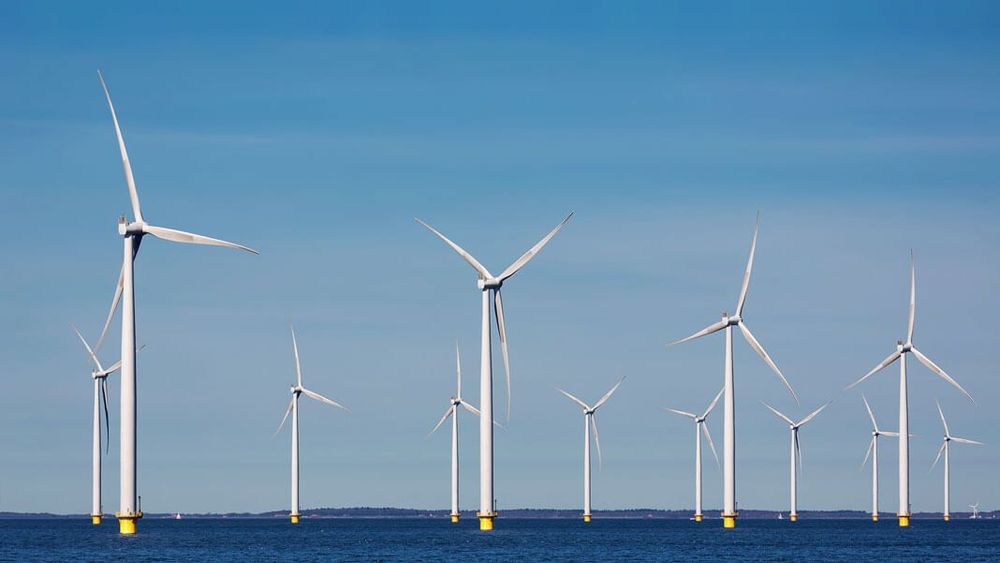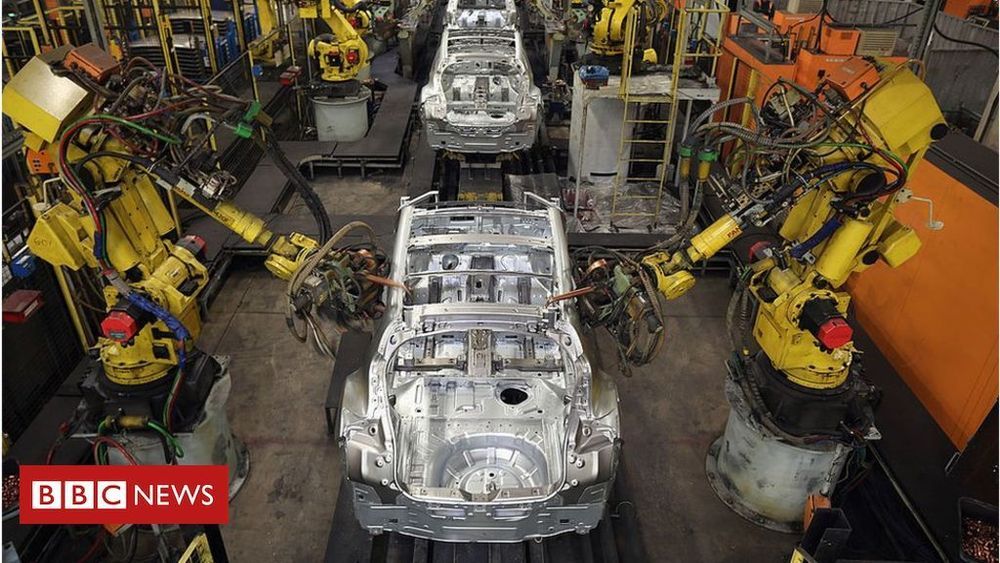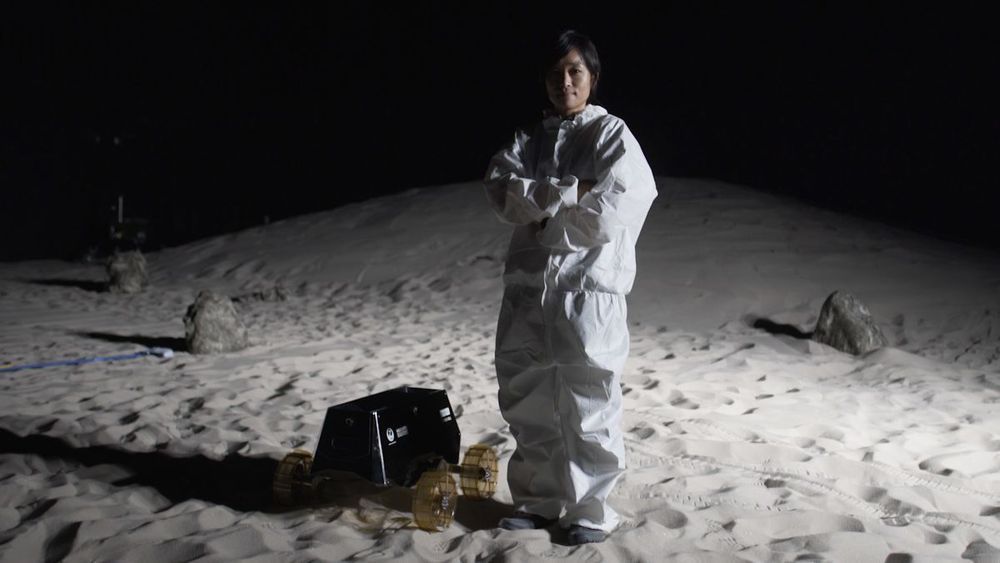A new project announced last week will start helping close the gap, though. The New Jersey Board of Public Utilities (NJBPU) chose Ørsted of Denmark to build a 1.1 gigawatt wind farm off the coast of Atlantic City. Dubbed (somewhat un-originally) Ocean Wind, the farm will be the biggest of its kind in the US and is estimated to be done by 2024. For comparison, the only wind farm currently operating in the US, off the coast of Rhode Island, has a paltry 30-megawatt production capacity.
Ocean Wind’s 1.1 gigawatts of energy will be enough to power about 500,000 homes. The project is slated to create 15,000 new jobs and generate up to $1.2 billion in additional economic benefits.
As of May of this year, there were 15 proposals in the works for new offshore wind farms along the US east coast (and that doesn’t include projects in California, Hawaii, South Carolina, and New York).








